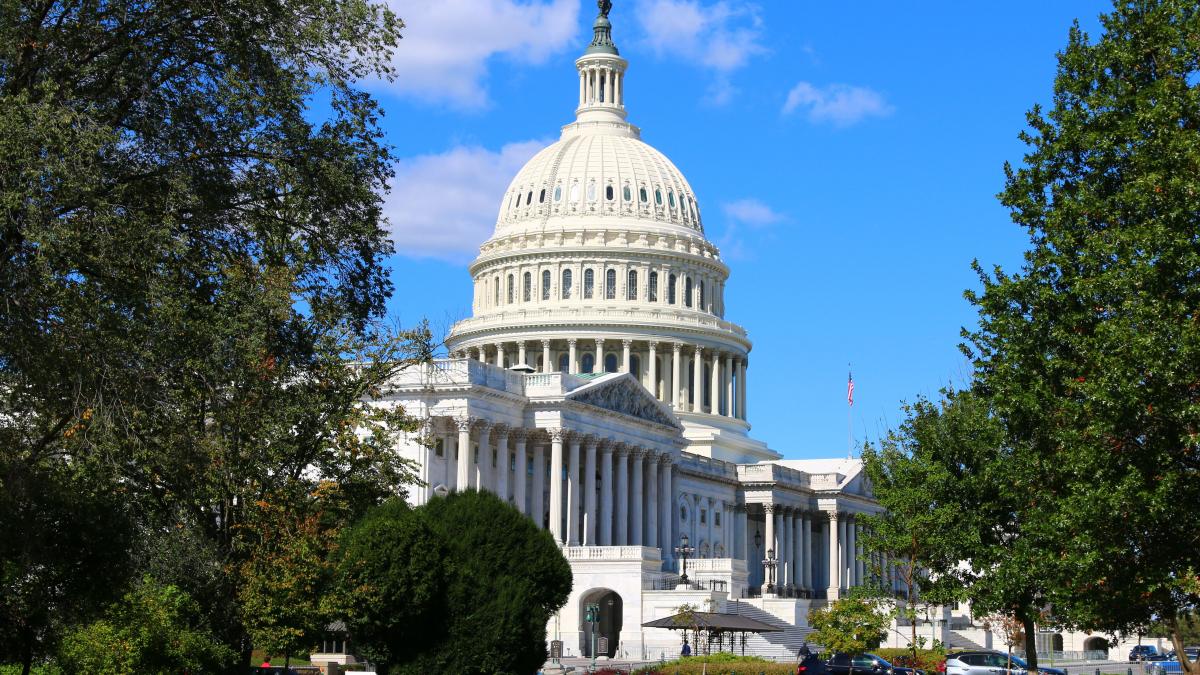CONGRESSMAN JOE MORELLE LEADS DEMOCRATIC OPPOSITION TO HOUSE REPUBLICANS’ VOTER SUPPRESSION EFFORT

Morelle led this morning’s debate on the House floor in opposition to the so-called “SAVE Act”
As Top Democrat on the Committee with responsibility over federal elections, Morelle slammed the legislation as “dangerous”
(Washington, D.C.)—Today, Congressman Joe Morelle—Ranking Member of the Committee on House Administration, which has oversight of federal elections—condemned House Republicans’ passage of the SAVE Act, a bill designed to impose extreme new restrictions on the right to vote and threaten access to the ballot for many Americans—including thousands in Monroe County and millions across New York State.
“This is an extremely dangerous bill that would make it harder—not easier—for eligible Americans to participate in our democracy,” said Congressman Joe Morelle. “It places costly and confusing new hurdles in front of everyday voters—including married women, active-duty military members, and more—while doing nothing to address real issues in our elections. The SAVE Act is voter suppression—plain and simple.”
If enacted, the SAVE Act would require people to present documentary proof of citizenship—such as a passport or specific birth certificates—to register to vote. Common forms of ID like driver’s licenses, REAL IDs, military IDs, and tribal IDs would no longer be accepted. This would have devastating consequences in New York State.
Nearly 30% of New Yorkers do not have a passport, and the $130 fee could amount to more than $665 million statewide just to register. Additionally, an estimated 3.8 million New York women whose names don’t match their birth certificates—often due to marriage-related name changes—could be blocked from registering. Even active-duty military members would be required to present detailed service documents, rather than their standard military ID.
The legislation would effectively eliminate mail and online voter registration and create major hurdles for voters in states with same-day registration. It would also lead to unnecessary purges of eligible voters based on unreliable data and require federal agencies to respond to state citizenship data requests within just 24 hours—raising the risk of widespread errors.
To learn more about the SAVE Act and its additional restrictions on the American people’s right to vote in free and fair elections, click here.
###
